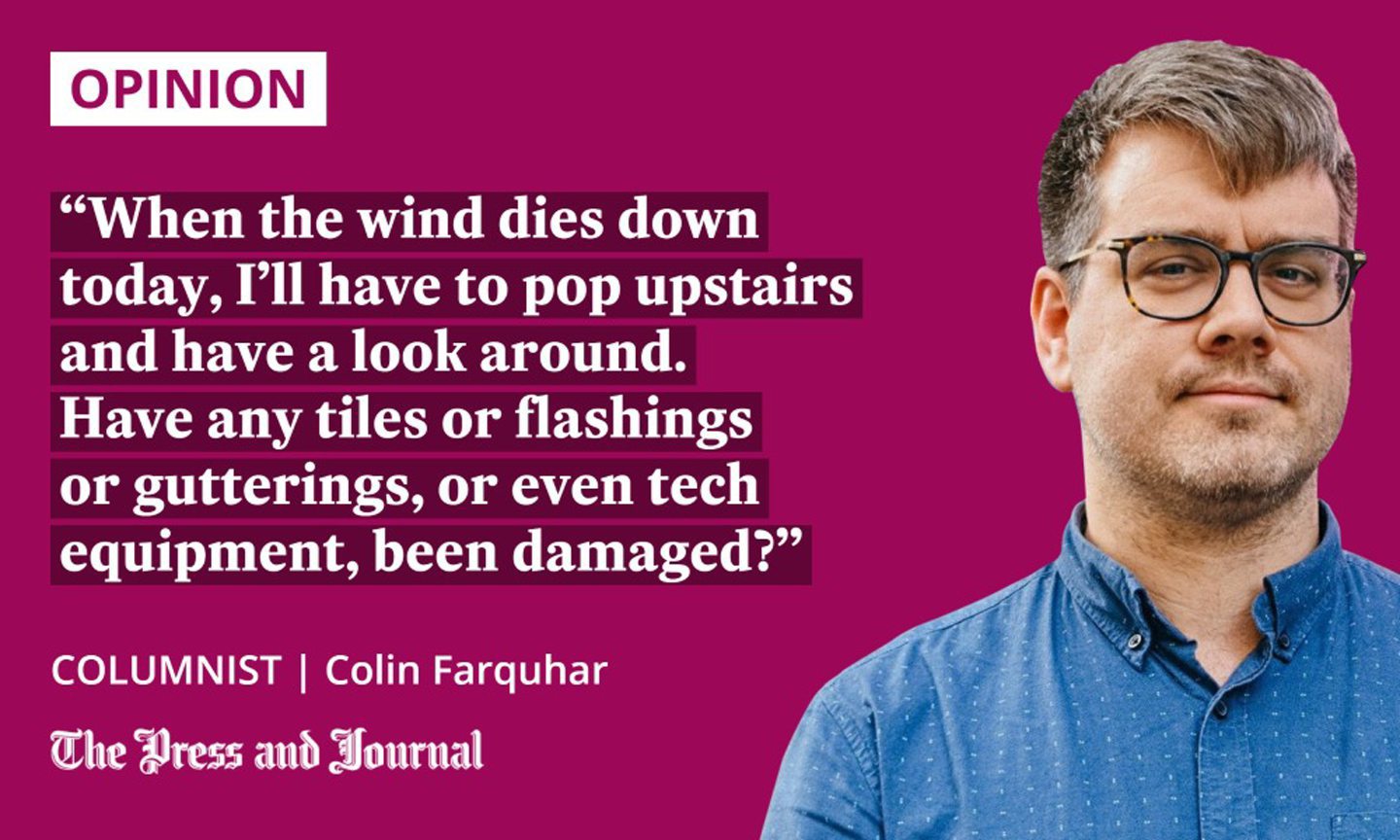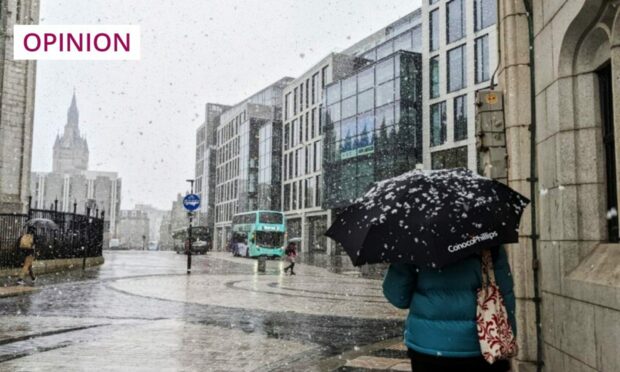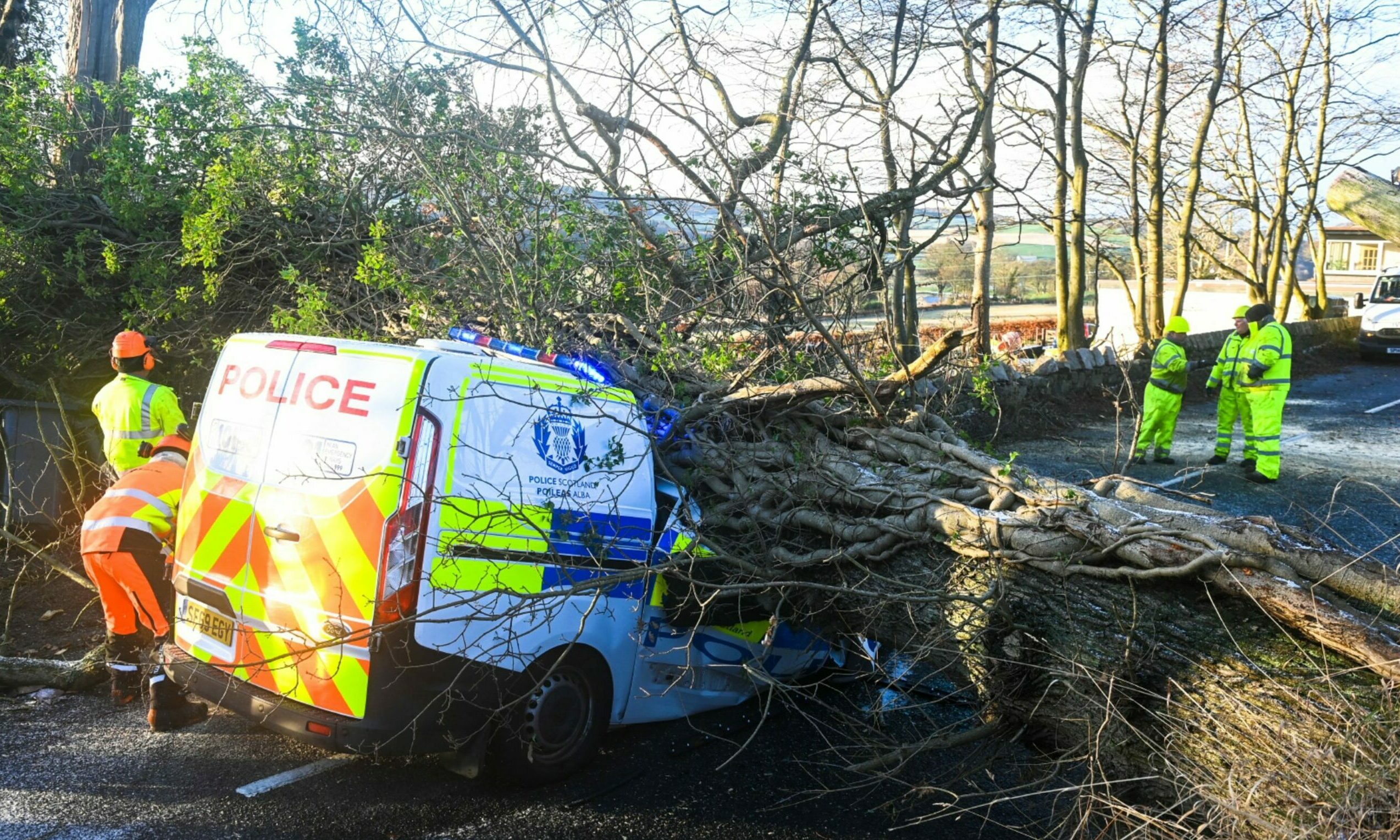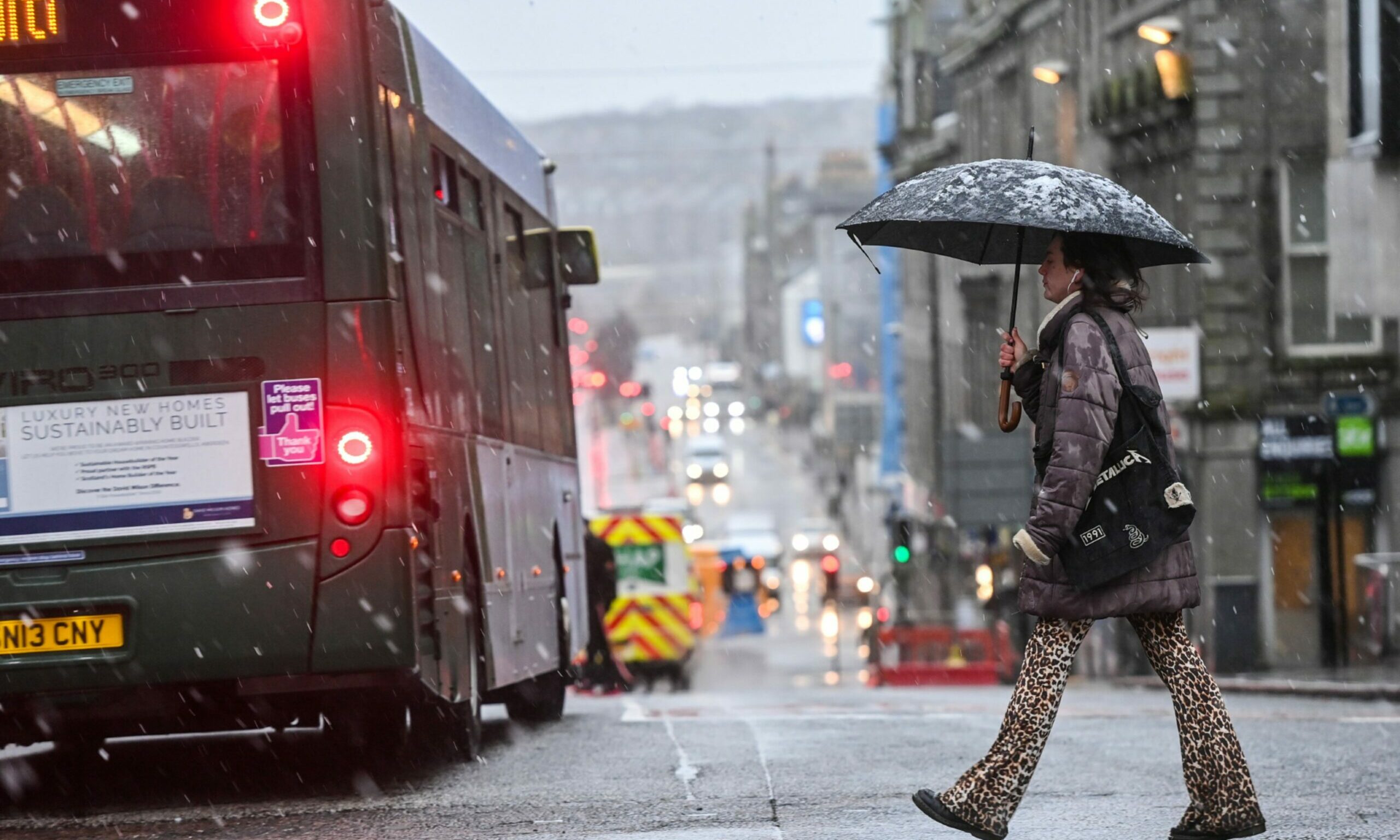I can hear the wind. That is quite unusual.
Belmont Filmhouse is a large and mostly sturdy granite building. My office is on the second floor, toward the rear of the cinema. It’s above screen two.
Occasionally, when a film is loud enough – No Time To Die, or Dune are recent examples – I can hear the rumble of the surround system and subwoofer. The floor vibrates gently under my feet, the groan of an action sequence, or an orchestral swell the culprit.

I can hear the wind. It is groaning around gables, probably pushing and bending the guttering. It’s audible above the constant thrum of the air conditioning, which screeches into life in the morning and provides a consistent churn through the offices all day.
When it isn’t running, the fresh quietness is unavoidable. Only then do you notice how loud it is. Today the wind prevails above it.
Bad weather and climate change go hand in hand
Autumn has brought a sharp change in the air. Last week, on a markedly cold Monday, I had to put the central heating on for the first time since spring, having braved a cold start to June without it. The bustling wind of today reminds me that the weather can depreciate quite significantly from October onwards.
The weather presses itself more remarkably upon our lives as the climate emergency worsens. In Scotland, we’re acutely aware that weather is changeable at the best of times, but worsening storms and heavier rains have made life harder than need be. Arwens and Corries and Maliks, breaking trees and buildings and, in the worst circumstances, injuring or killing people.
COP27 starts in just over a month, in Sharm El Sheikh, Egypt. King Charles III had agreed to give a speech, as he and the late Queen Elizabeth II did in Glasgow last year. Perhaps it is concerning that he has been asked not to by Liz Truss, a prime minister who appears to be treating climate change not as an emergency, but as an opportunity to politicise a pressing issue that is now beyond any reasonable doubt.
Battening down the hatches already
My preoccupation with weather is often around how it impacts my work. The cinema building is solid, but aged. There are, occasionally, leaks and ingresses when there is too much rain. Wind will affect even the most tightly-constructed roofing.
When the wind dies down today, I’ll have to pop upstairs and have a look around. Have any tiles or flashings or gutterings, or even tech equipment, been damaged?
This storm season hasn’t even really begun, yet we had 50mph winds on a Friday afternoon in late September
The worst storm of last year, Arwen – which caused so much heartbreaking damage in the north-east – had a lasting effect on our arts and organisational infrastructure, too. A look around in its aftermath found a leak here, a broken piece of tiling there. I considered us lucky, but even small fixes become expensive ones when they are 100ft above the ground, around corners and inaccessible peaks.
This storm season hasn’t even really begun, yet we had 50mph winds on a Friday afternoon in late September. What might November, December, January and February bring?
Arts are directly affected by good or bad weather
Aberdeen Performing Arts ran a hugely successful festival in September called Wonderland. Only days before the festival’s opening, a huge downpour of rain made installation and exhibition construction, including Wonder Hoose in Marischal College Quadrangle, far more difficult than it otherwise may have been.
High winds hugely affect outdoor performances, stages and sculptures. This is happening more regularly, and all within those dark months in Aberdeen where arts really thrive.
The hidden damage of worsening weather is to audience participation. Working in a cinema means you’re always aware that sudden changes in weather, extreme or extremely good, can positively or negatively affect who is visiting.
Fingers crossed for great cinema weather
Some folk may think heavy snow is perfect cinema weather, but the reality is that many people, and many older people, just stay indoors. We saw exactly the same outcome during the weather warnings of the past year.
UK or Scottish Government advice and red forecast warnings prompt people to stay inside. Public transport stops. Shops and restaurants close. No one is around.
This even happened during Storms Dudley and Eunice which, while dangerous, largely did not affect the north-east – certainly, they were no Arwen. I remember leaving the pub at 6.30pm and walking through what was a typical, rainy, February Friday night in Aberdeen. The town centre was absolutely deserted.
The forecast for the next week or so is better. Clouds, light winds, rain showers. Changeable, but steadily so.
Great cinema weather is good enough so that people leave the house, but temperamental enough that they might seek some refuge. Exactly the kind of weather that we in the north-east are quite used to.
Colin Farquhar is head of cinema operations for Belmont Filmhouse in Aberdeen




Conversation